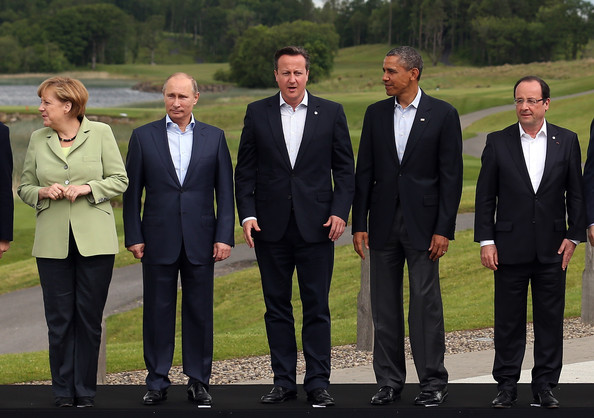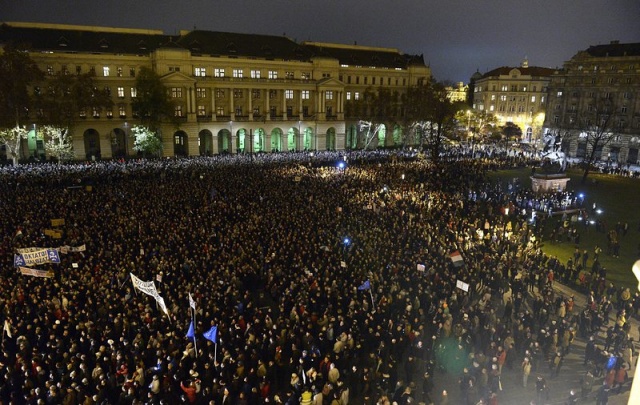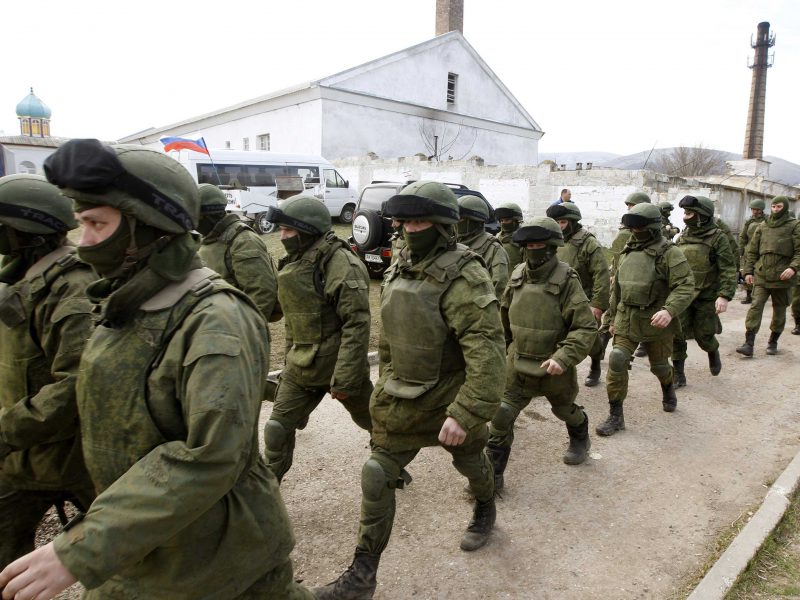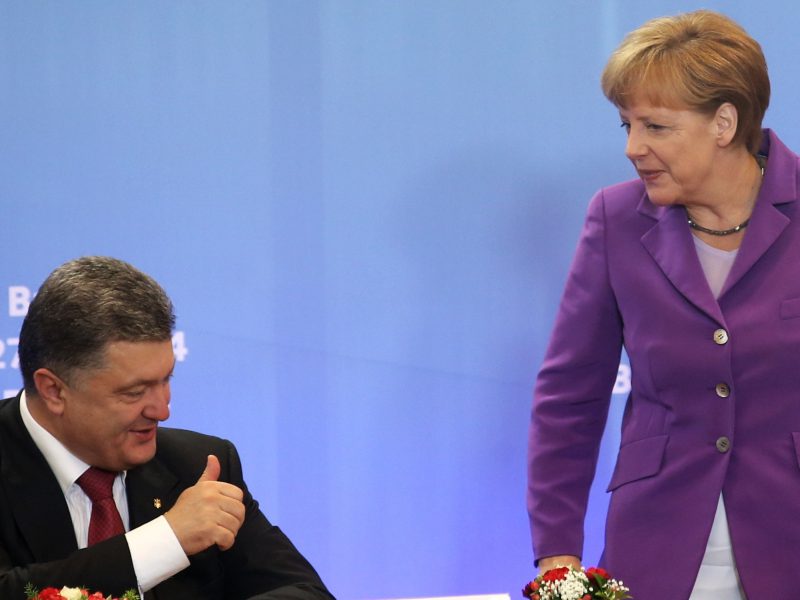Giving another chance to diplomacy in Ukraine
The leaders of Germany, France, Russia and Ukraine agreed on Sunday, 8 February, to press ahead with the diplomatic initiative by Ms Merkel to ease the tension in Eastern Ukraine. Germany is convinced that even discussions of supplying weapons could escalate the fighting and encourage Ukraine in a war it could never win against a much stronger Russia. The German Chancellor defended her decision to maintain economic sanctions and avoid the use of force by referring to her own experience of waiting patiently for the Cold War to end. “I am surprised at how faint-hearted we are, and how quickly we lose courage,” she remarked.







